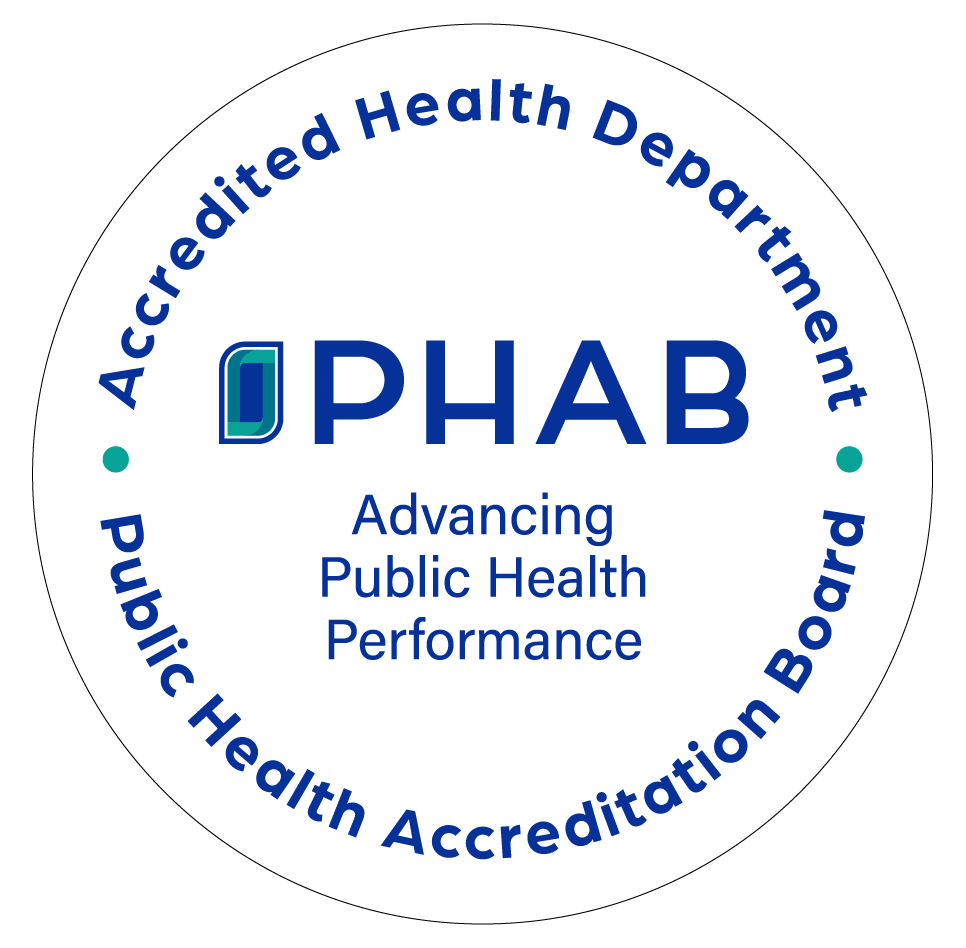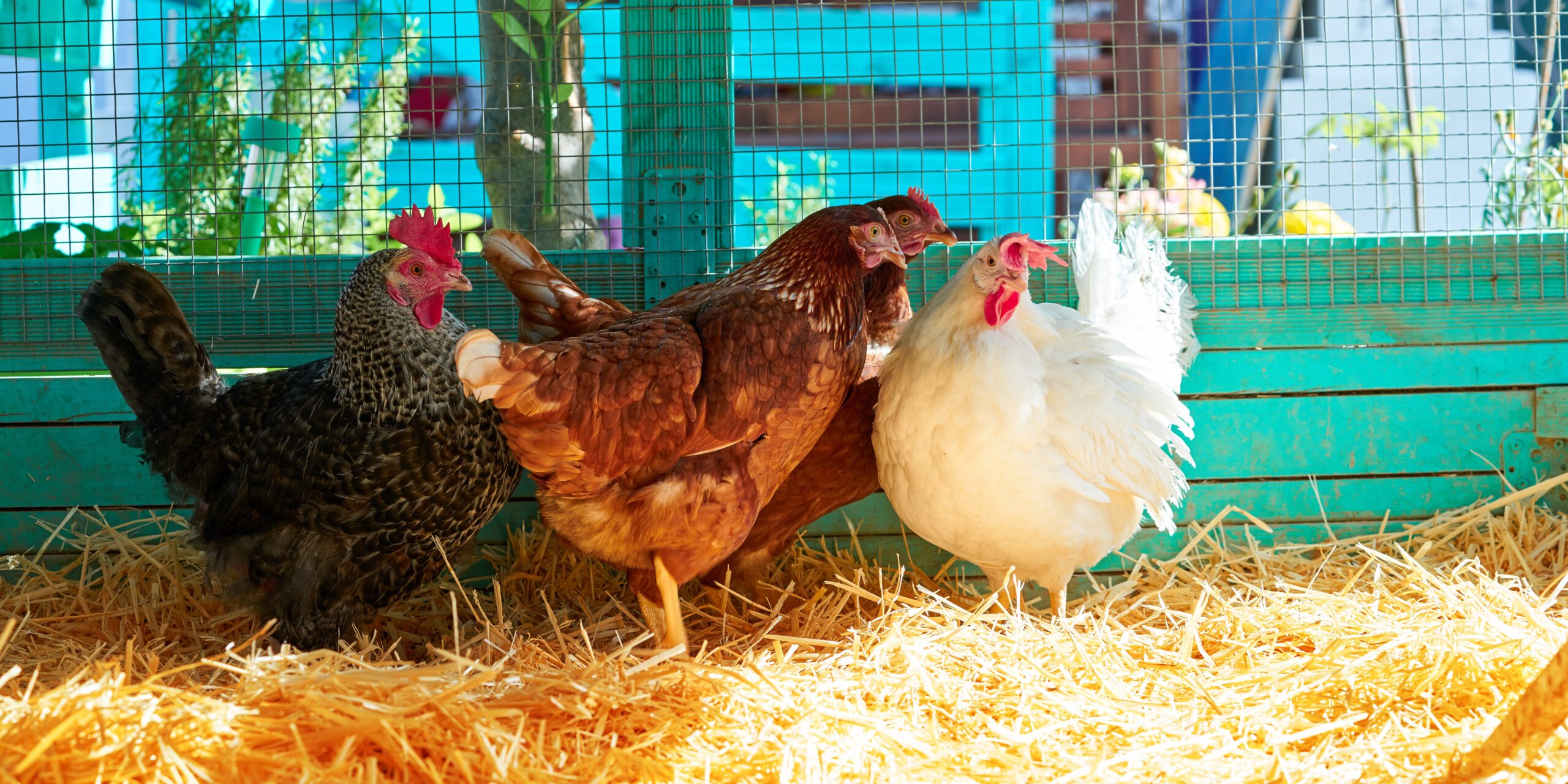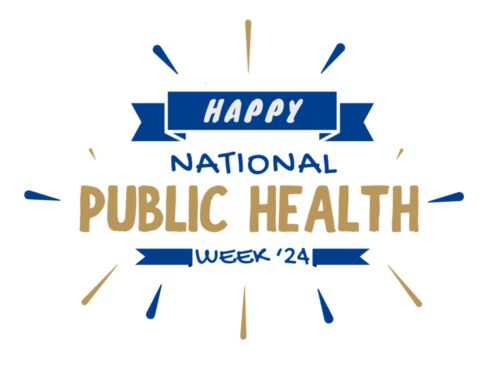You might have noticed a lot of coverage around recent bird flu outbreaks happening in the United States. We’ve certainly all noticed the rise in egg prices at the grocery store, and maybe you even decided to start your own backyard chicken coop as a result. Whether you have your own backyard chicken coop or not, you might be wondering what the bird flu is and what the human impacts are from this virus. Unfortunately, we don’t have the solution to bring down egg prices, but we can provide you with some answers to your bird flu questions!
What is bird flu?
- Bird flu, or avian influenza, is a disease caused by infection with avian influenza Type A viruses. These viruses naturally spread among wild aquatic birds worldwide like ducks or geese and can infect domestic poultry and other birds or animal species.
How does the bird flu spread?
- Wild birds that carry bird flu can easily spread it to poultry, like chickens and turkeys. The virus is spread into the environment through their oral and nasal secretions and feces.
- If you raise backyard chickens or ducks, your birds can get bird flu if they have contact with infected wild birds or share sources of food or water. Most common songbirds or other birds found in your yard, like cardinals, robins, sparrows, blue jays, crows, or pigeons, do not usually carry bird flu viruses that are dangerous to poultry or people.
Can people get the bird flu?
- Bird flu infections in people are rare, but possible. The current risk to the general public from bird flu virus is low. Most bird flu infections in people have happened after close, prolonged, unprotected contact with infected birds or contaminated surfaces. People who have no contact with infected poultry or contaminated surfaces are thought to be at very low risk of infection.
Does the bird flu spread through food I purchase at the grocery store?
- Poultry and eggs that are properly prepared and cooked are safe to eat. Proper handling and cooking of poultry and eggs provides protection from viruses and bacteria, including bird flu.
How can I best protect myself?
- As a general precaution, whenever possible people should avoid direct contact with wild birds. Avoid unprotected contact with poultry that look sick or have died.
- Protective actions can be taken for people who hunt or who come into contact with birds because of their job.
What do I do if I find a dead bird in my backyard?
- If you find a dead or diseased bird, you can submit a report online to the Ohio Division of Wildlife. To dispose of dead birds, place in a plastic bag, seal, and discard with household trash or alternatively bury them deeply.
How can I best protect my backyard chickens and poultry flock?
- The best way to protect your backyard chickens and poultry flock is to prevent contact from wild birds and waterfowl. Keeping birds indoors when possible and adding simple wildlife management practices around your farm can help prevent bird flu from spreading to your flock.
- As a reminder, always wash your hands with soap and water before and after coming in contact with live poultry. This will not only protect you, but it will also protect your flock. The Ohio Department of Agriculture has provided additional security tips and management practices.
Services are partially funded by your local health levy. This institution is an equal opportunity provider.







